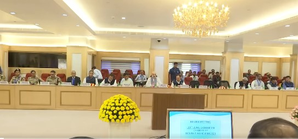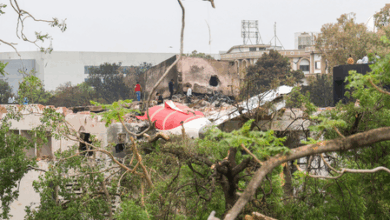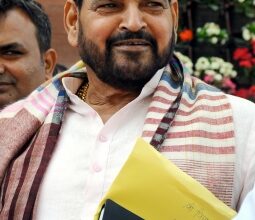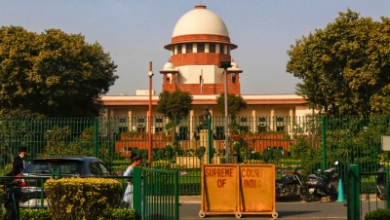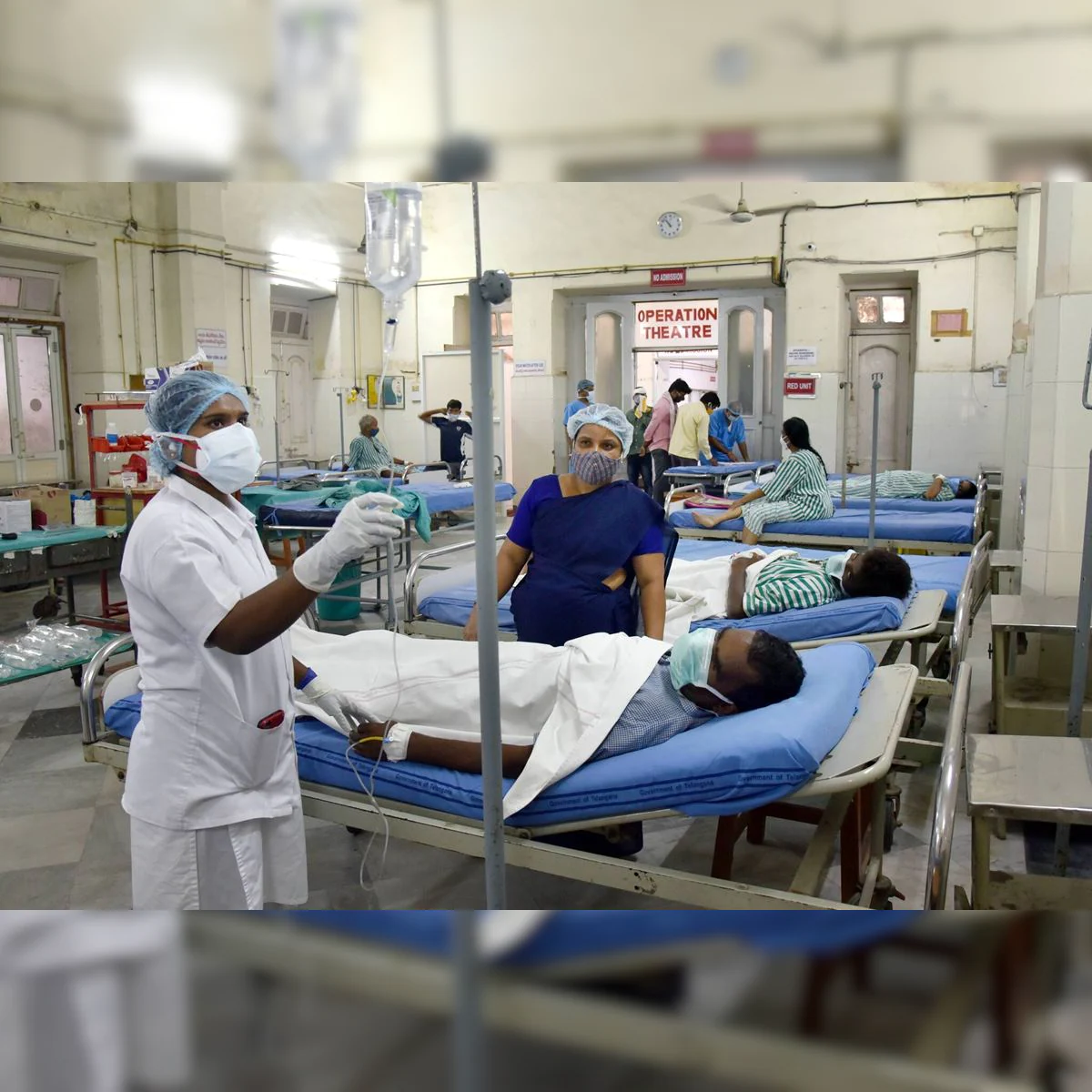
Kozhikode, Jan 26: Amid continuing challenges posed by COVID-19 and the imperative need for scaling up public health infrastructure, India’s current spending should be raised to at least three of the GDP, Executive Member,Federation of Hospital Administrators Naresh Purohit said on Wednesday. Principal Investigator for the Association of Studies for Healthcare Purohit told UNI that human resources for health is arguably the most understated area meriting priority action today, despite being widely and repeatedly enunciated across a range of government policy documents.
The Pandemic Control Expert averred that while a considerable headway has been achieved in the past few years in terms of expanding medical colleges in India, training of nursing, public health and paramedical workers is of paramount significance. Important leads for a long-term health manpower policy can be derived from the ad-hoc expansion of health workforce during Covid-19, and can be implemented in tandem with other programmes that seek to bolster the existing infrastructure in district and regional hospitals, he stated. Such a policy must finally converge on a much needed, all-embracing public health cadre in the country.
The Noted Epidemiologist stated that the forthcoming union budget-2022 needs holistic approach to healthcare. Anti-Covid measures, which have rested mainly on the scientific evidence backing them, will increasingly need to justify themselves vis-a-vis action on other pressing areas of public health in terms of their growing opportunity costs. It is known that the overall costs of the pandemic far exceed those required to achieve universal health coverage and fair levels of health security.
He added that last two years of the pandemic has exposed India’s fragile healthcare infrastructure. The government should look at incentivising the private sector to improve medical facilities in tier 2 and 3 cities and rural areas to bridge the healthcare urban-rural divide. This will also support further success of the Ayushman Bharat Program. Experts urged the Government to consider “zero-rating” of GST on healthcare services and the lowest rate of GST on drugs, medical devices, and health insurance premiums to increase affordability. Hospitals require high-end specialised equipment which is often imported. Rationalisation of import duties on such equipment would improve the access to technology and better treatment.
Experts pointed that given the increasing incidence of infectious diseases and NCDs, the government should give tax incentives for the investment in research & development for genetic research and genome mapping. Apart from vaccine and immunisation research, the budget should also include epidemiology and biotechnology. They opined that the government should increase budget allocation for the promotion of digital healthcare to improve access in rural and remote areas. This will not only reduce the burden on our limited healthcare facilities, but also the cost burden on the patients.


